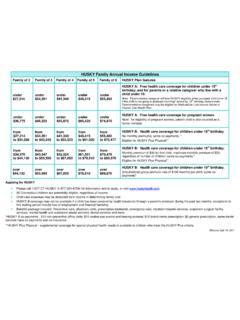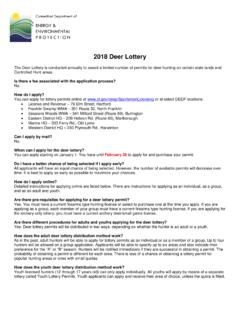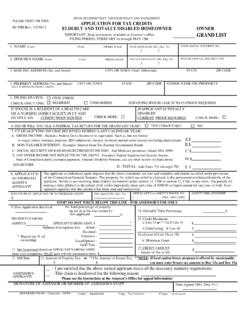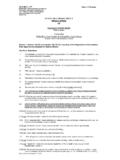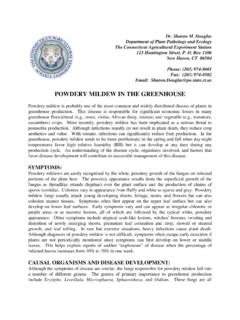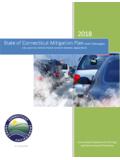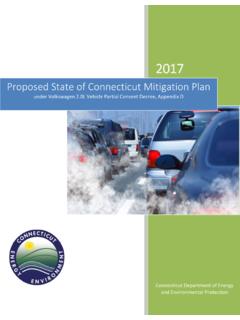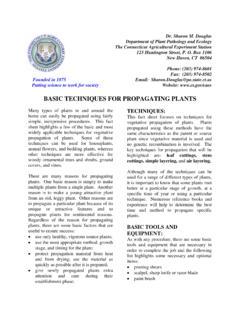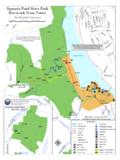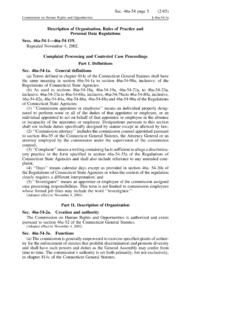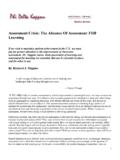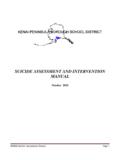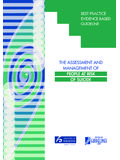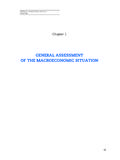Transcription of APPENDICES Domain Self-Assessment Checklists …
1 APPENDICES Domain Self-Assessment Checklists Glossary of Recovery-Oriented Language Examples of Strength-Based Conceptualizations Source Documents from DMHAS Initiatives 118 The following principles were drawn from the Practice Guidelines for Recovery-Oriented Care for Mental Health and Substance Use Conditions, Second Edition, released in 2008 by the Connecticut Department of Mental Health and Addiction Services. Taken together, these principles offer a thumbnail sketch of the degree to which a system, organization, or program provide high quality and recovery-oriented services and supports. Recovery-Oriented Care for Mental Health and Substance Use Conditions.
2 Is consumer and family-driven People in recovery and families are actively and meaningfully involved in the evaluation, design, planning, implementation, and monitoring of mental health services. People in recovery and families comprise a significant proportion of boards of directors, steering or advisory boards, or other governing bodies, committees, and work groups. is timely and responsive Systems invest significantly in prevention and health promotion approaches and a range of interventions are used to enhance protective factors, develop the resources and capabilities needed to maintain healthy lifestyles, and foster wellness.
3 Focused efforts are made to identify and intervene early with youth and young adults. Practitioners offer swift access to a wide range of services which are welcoming, can be accessed from many different points, and have a low threshold for entry into care. is effective, equitable, and efficient People in recovery and families are able to make informed choices from among an array of those interventions known to be effective for their particular condition(s). Administrators monitor the treatment outcomes and satisfaction of individuals based on race and ethnicity, gender, gender identity, sexual orientation, trauma history, and socio-economic background and implement changes in services and service delivery to address disparities.
4 Competency-based training is coupled with on-going mentoring support, supervision, recovery-oriented case conferences, and opportunities for peer consultation. maximizes use of natural supports and settings Opportunities for employment, education, recreation, social involvement, civic engagement, and religious participation are regularly identified and are compiled in asset maps, capacity inventories, and community resource guides. People in recovery are viewed primarily as citizens and not as clients, and are recognized for the gifts, strengths, skills, interests, and resources they have to contribute to community life.
5 High value is placed on the less formal aspects of associational life that take place, for instance, in neighborhood gatherings, block watch meetings, coffee klatches, salons, barbershops, book groups, knitting and craft circles, restaurants, pubs, diners, etc. 119 Recovery-Oriented Care for Mental Health and Substance Use Conditions .. is person-centered People in recovery and families have maximum opportunity for informed choice and decision-making in their own care. Language used is neither stigmatizing nor objectifying. Person-first language is used to acknowledge that the condition is not as important as the person s individuality, except in cases in which the person prefers otherwise.
6 While the majority of people prefer to be referred to in first-person language, when in doubt the person is asked what he or she prefers. Practitioners actively partner with individuals and families in shared decision-making, creating integrated and collaborative recovery plans. Goals are based on the day-to-day life and unique interests, preferences, and strengths of the individual, and interventions are clearly related to the attainment of these stated goals. Planning focuses on the identification of concrete next steps, along with specific timelines, that will allow the person to draw upon existing areas of strength to move toward recovery.
7 Recovery plans consider not only how the individual can access supports, but encourage an active role for the individual including how the individual can give back to others. Individuals are presumed competent and entitled to make their own decisions. As part of recovery, they are encouraged and supported by practitioners to take risks and try new things. A discussion of strengths is a central focus of every assessment , care plan, and summary. The diversity of strengths that can serve as resources for recovery planning is respected. Practitioners interpret perceived deficits within a strength and resilience framework, as this allows the individual to identify less with the limitations of his or her condition.
8 Practitioners convey belief in the person even when he or she cannot believe in him or herself and serve as a gentle reminder of his or her potential. Interventions are aimed at assisting people in gaining autonomy, efficacy, and connections with others. Opportunities and supports are provided for the person to enhance his or her own sense of personal agency. Individuals are allowed the right to make mistakes, and this is valued as an opportunity for them to learn. People are allowed to express their feelings, including anger and dissatisfaction, without having these reactions immediately or routinely attributed to symptoms or relapse.
9 Practitioners are willing to offer practical assistance in the community contexts in which people live, work, and play. Care is not only provided in the community but is also oriented toward increasing the quality of a person s involvement in community life. is safe and trustworthy Agencies make concerted efforts to avoid all involuntary aspects of treatment, and people request and receive supports and accommodations that help them to feel safe. Individuals have their health care needs addressed and have ready access to primary health care services, including preventative health and dental care and health promotion. Staff invite individuals to share their childhood and/or adult history of experiencing violence and abuse at a comfortable pace and also ask them what they will need in order to feel safer.
10 120 Domain #1. In consumer and family-driven care .. I. ACTIVE AND MEANINGFUL INCLUSION OF PERSONS IN RECOVERY Service providers are to indicate their implementation of a minimum of 4 out of the 5 bullets that support Active and Meaningful Inclusion of Persons in Recovery and provide specific action steps taken to support implementation of each. People in recovery are actively and meaningfully involved throughout all aspects of service provision and comprise a significant proportion of boards of directors, steering or advisory boards, or other steering committees and work groups. People in recovery are reimbursed for the time they spend in planning, implementing, or evaluating services and/or in providing educational and training sessions.
